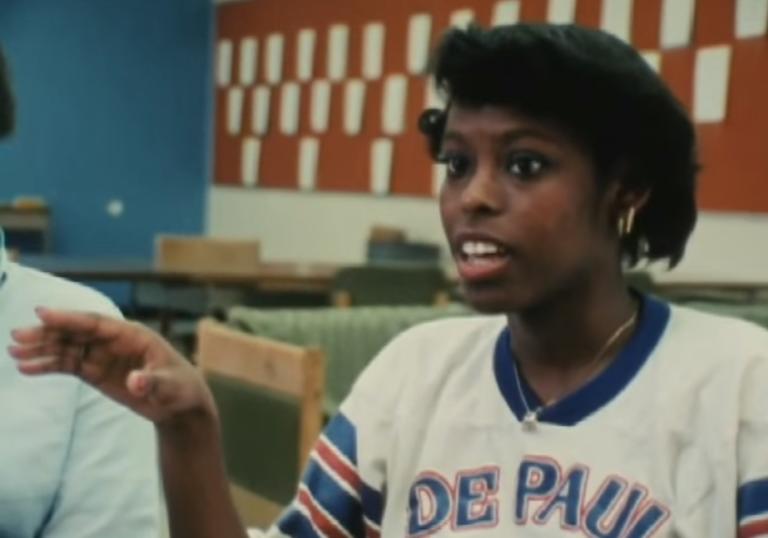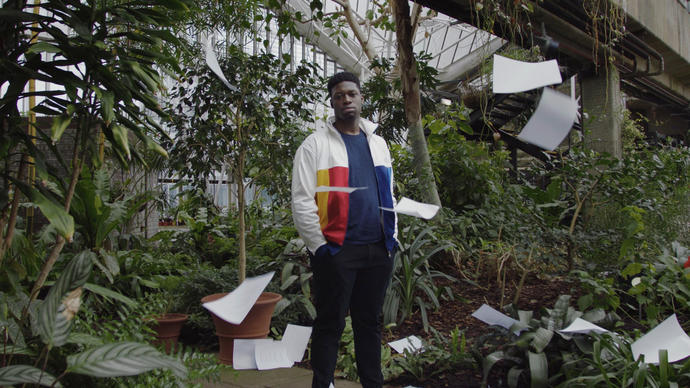Film played an important role in mobilising the Women's Movement, sparking discussion on how their needs and aims were often different from those prescribed by the male-dominated society around them.
This programme features films that capture the shared experience of Second Wave Feminism. These documentary films were watched in consciousness raising groups, political gatherings and other alternate venues to provoke discussion and thinking on new possibilities for women.
As women learned how to assert themselves, they assessed their situation, their ‘oppression’, as a means to moving forward and liberating themselves. And by the mid-80s, it became clear to politicians that women had become a formidable voting bloc.
*This film has been locally classified by the City of London Corporation
Stephanie Palewski started her career when she joined NY Newsreel, a filmmaking group that produced and distributed social issue documentaries, including the classic women’s film, Janie’s Janie. For the last 19 years she’s been an editor at America’s no.1 news program, 60 Minutes. Prior to that she produced and edited feature documentaries at CBS Reports and Limelight Productions, and also taught Film and Television seminars at NYU and Brooklyn College. She holds an MFA in Film Production from Columbia University, and has won multiple television awards, including Peabodys, Emmys, and Edward R. Murrows.
Curated by: Ann Deborah Levy and Kirsten Larvick, Co-Chairs, the Women’s Film Preservation Fund, with programming assistance from Susan Lazarus and Amy Aquilino
The Women's Film Preservation Fund (WFPF) is the only programme in the world dedicated to preserving the cultural legacy of women in the industry through preserving films made by women. Founded in 1995 by New York Women in Film & Television in conjunction with the Museum of Modern Art (MoMA), WFPF has preserved more than 150 American films in which women have played key creative roles. These include works by early feminists, women of colour, social activists and artists that represent unique and irreplaceable contributions to American cinematic heritage. Films already preserved range from those of early pioneers, Lois Weber and Alice Guy Blaché, experimental filmmaker, Maya Deren, animator Mary Ellen Bute, to more contemporary feature director Julie Dash; director and cinematographer Jessie Maple; documentarians Trinh T. Minh-ha and Barbara Kopple, and more. The WFPF is rewriting the film history books, one moving picture at a time. More information can be found online at: www.womensfilmpreservationfund.org
New York Women in Film & Television (NYWIFT) supports women calling the shots in film, television and digital media. NYWIFT energises the careers of women in entertainment by illuminating their achievements, providing training and professional development, and advocating for equality. The preeminent entertainment industry association for women in New York, NYWIFT brings together nearly 2,100 women and men working both above and below the line. NYWIFT is part of a network of 40 women in film chapters worldwide, representing more than 10,000 members. More information can be found online at: www.NYWIFT.org







